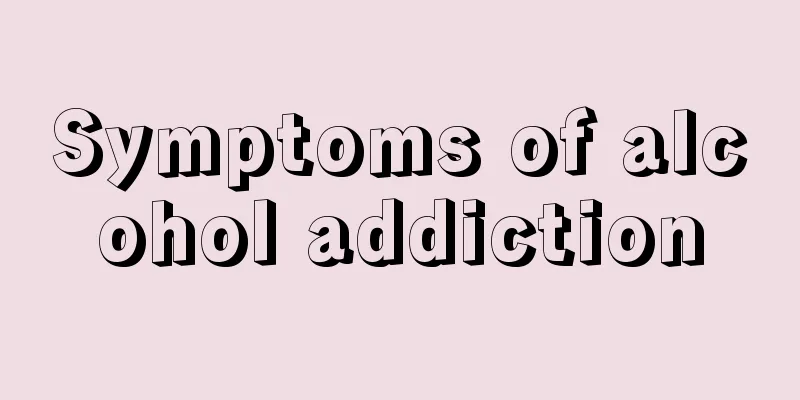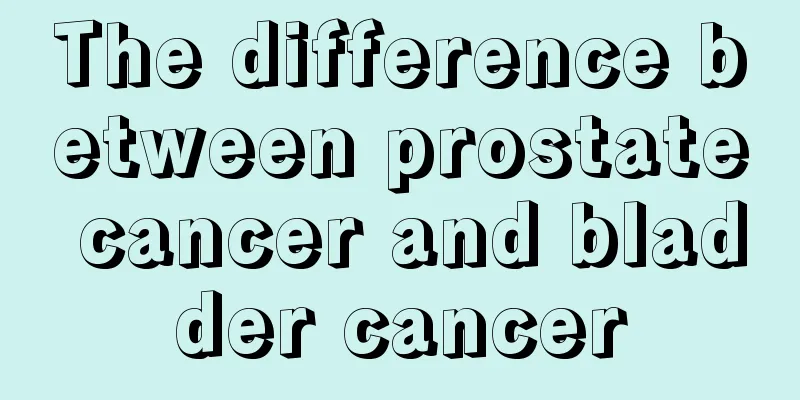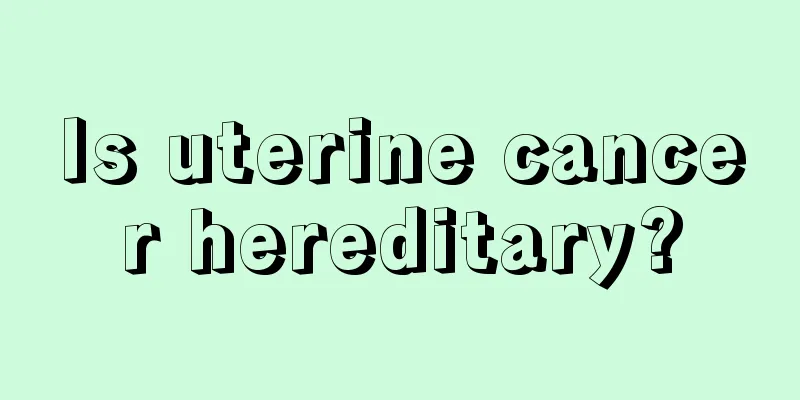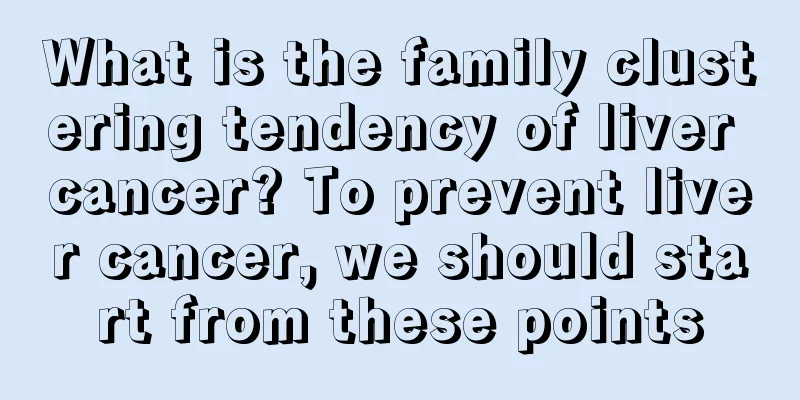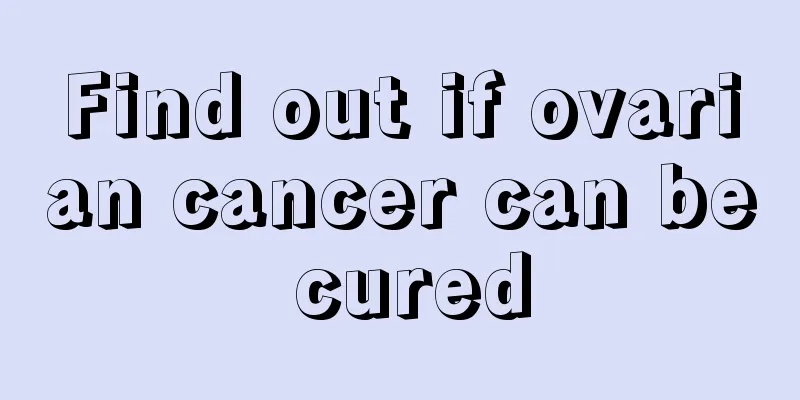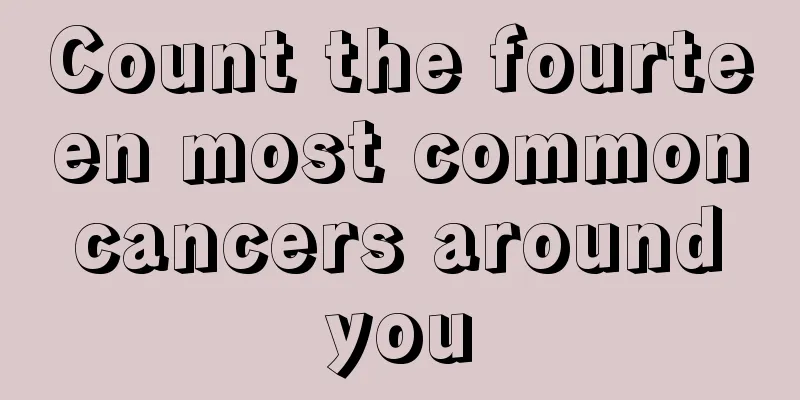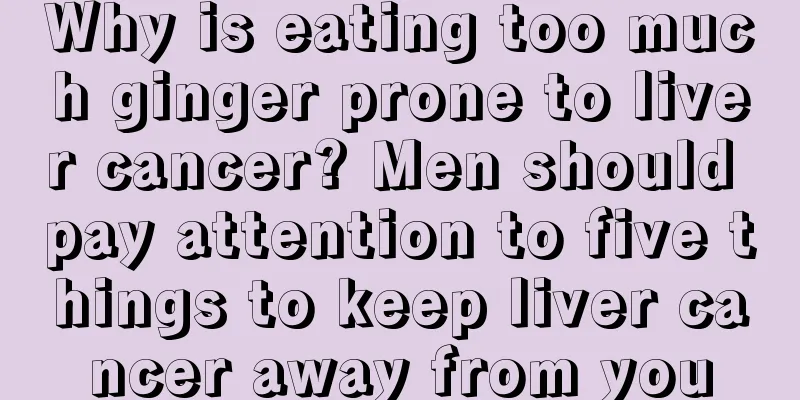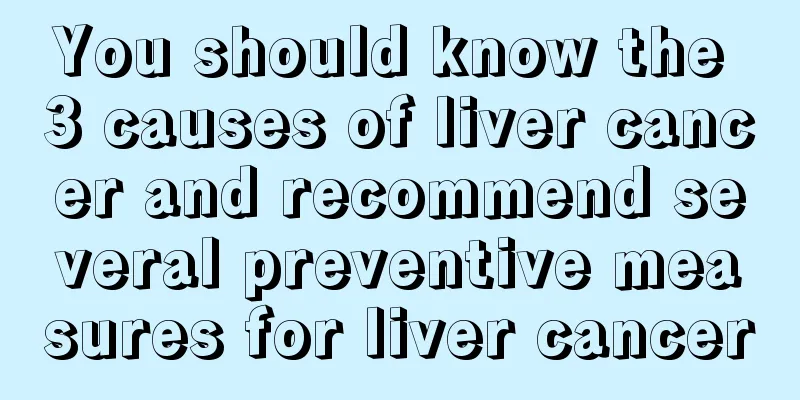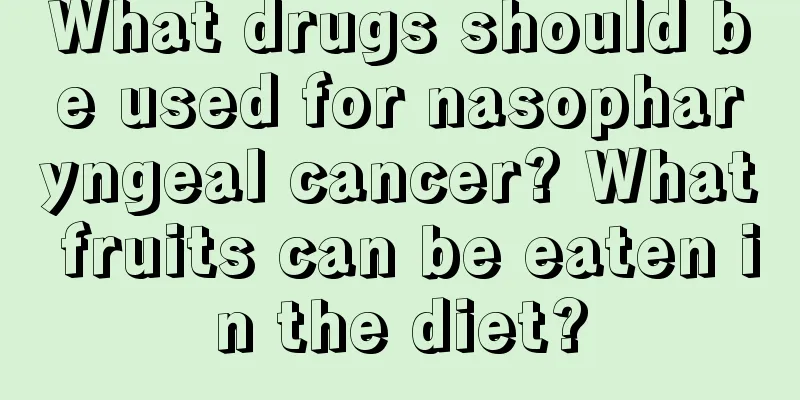Commonly used drugs and regimens for chemotherapy of esophageal cancer

|
Esophageal cancer is a common tumor of the digestive system. Chemotherapy is a common treatment for esophageal cancer. Let's take a look at the two common chemotherapy regimens and precautions for esophageal cancer: Solution 1: DDF+5-Fu Repeat every 3-4 weeks Note: 1. The adverse reactions of this regimen are mainly gastrointestinal toxicity, including nausea, vomiting, stomatitis, and gastrointestinal mucosal damage, which require the use of antiemetic drugs such as 5-HT3 receptor antagonists. 2. In clinical use, individual tolerance of 5-Fu varies greatly. If a patient develops significant oral mucositis and diarrhea during the first course of chemotherapy, the dose of 5-Fu should be reduced in the next course. 3. The use of large doses of DDP requires hydration and diuresis. 4. This regimen is most widely used in esophageal cancer. For patients with locally advanced disease, the efficacy of this regimen is 40% to 50%. If performed simultaneously with radiotherapy, both drugs have a radiosensitizing effect, and the adverse reactions of this regimen are relatively mild. Option 2: Paclitaxel+DDP+5-Fu Repeat every 4 weeks Note: 1. The main adverse reaction of this regimen is bone marrow suppression, but there is no need to use prophylactic G-CSF. If agranulocytosis infection occurs, the use of G-CSF for prophylactic anti-infection can be considered in the next course of treatment. 2. In clinical use, individual tolerance of 5-Fu varies greatly. If a patient develops significant oral mucositis and diarrhea during the first course of chemotherapy, the dose of 5-Fu should be reduced in the next course. 3. The use of large doses of DDP requires hydration and diuresis. 4. The clinical efficacy of this regimen is 48%, with a high CR rate of 12%. In general, chemotherapy regimens containing PTX have a high efficacy. 5. For recurrent and metastatic esophageal cancer, the purpose of chemotherapy is palliative treatment, which aims to improve the quality of life and/or prolong survival. Therefore, the intensity of treatment should not be excessive. Effective patients should maintain treatment for 4 to 6 courses. Patients who are ineffective or have failed treatment can consider the use of new drug composition regimens, and clinical trials can also be considered. 6. Patients receiving concurrent radiotherapy and chemotherapy should pay attention to adverse reactions. |
<<: Targeted drug therapy for esophageal cancer
>>: What are the traditional Chinese medicine formulas for esophageal cancer
Recommend
Which quick hangover remedy is effective
Being drunk is very uncomfortable. However, in li...
Can we eat soon?
The speed of eating actually has a great relation...
How does the Gudong heart rate monitor work
The Gudong heart rate belt may affect our heartbe...
How to tie a gauze belly band
Gauze is very common, and there are many ways to ...
Can I still cook rice after soaking it overnight?
Normally when cooking rice, everyone washes the r...
Difference between oral surgery and internal medicine
Many people in life will have oral diseases. When...
Can glutinous rice be soaked for three days?
Jiangmi is actually what we often call glutinous ...
How to make your own tea for lowering high blood lipids
Everyone knows that patients with hyperlipidemia ...
Can I get endometrial cancer at the age of 38?
Endometrial cancer is a common disease at the age...
What are the better ways to prevent liver cancer? 4 good ways to prevent liver cancer you should know
The causes of liver cancer are relatively complic...
Are men who often drink milk more likely to get prostate cancer?
Prostate cancer is a common malignant tumor of th...
The stool is granular and contains mucus
Stool can also show whether people are suffering ...
How is breast cancer caused
Breast cancer is a common malignant tumor, usuall...
How long can you live without treatment for advanced laryngeal cancer
In our daily life, we may suffer from some diseas...
Chinese medicine formula for lung cancer metastasis to bone cancer
If a cancer patient has been diagnosed with metas...
